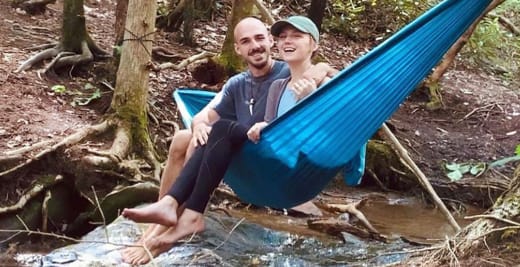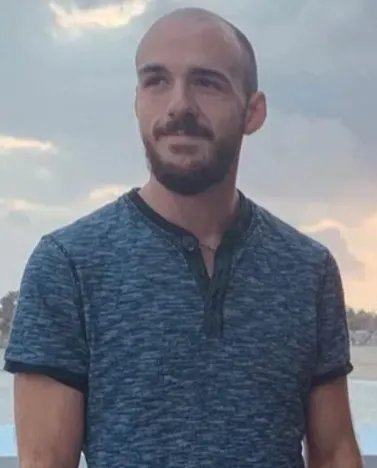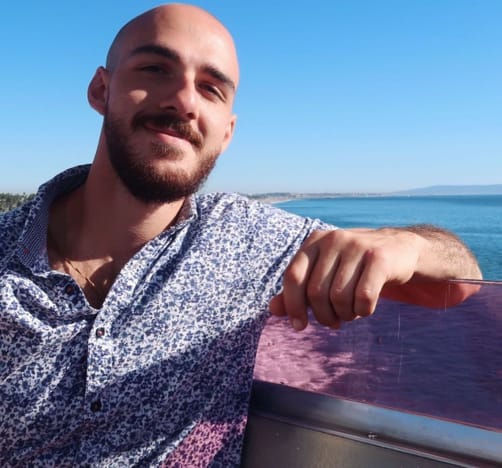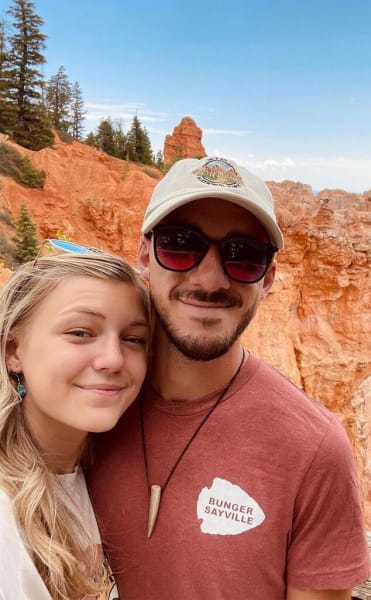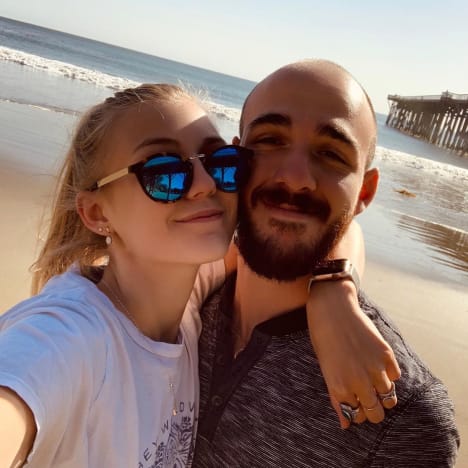After more than a month, Brian Laundrie’s parents began to aid in the search for their missing fugitive son.
Investigators found human remains near some of Brian’s belongings. Those remains were identified as Brian’s body.
His death is a complication in the quest for answers and closure for the family of Gabby Petito.
There are other questions, too … like what his parents knew, when they knew it, and whether they’ll face prosecution.
Brian Laundrie was, for the past several weeks, a wanted fugitive.
However, though Gabby Petito’s death by strangulation was ruled a homicide, he was not officially charged for that.
Instead, he was facing a federal warrant for the easily proven use of her bank card after her death, with more charges to follow.
But Brian will never see the inside of a courtroom, his dental records indicate.
This week, investigators searched a previously submerged portion of the Carlton Reserve, a wilderness area in North Point, Florida.
While there is a lot that the public and even authorities do not know, what was left of Brian was found a relatively short distance form his parents’ home.
Christopher and Roberta Laundrie have not exactly been anyone’s favorite people over the past month and a half.
No one thinks that they knew that Gabby would die ahead of time. Most people don’t think that Brian knew that, either.
But the circumstances of Brian’s disappearance, his proximity to home, and more make people wonder … did his parents commit any crimes.
Being an accessory to a crime, including after the fact, is a crime in and of itself.
People can also face charges for obstruction of justice.
Lying to the police is not always a crime in and of itself, but could be part of either or both charges.
Florida attorney John M. Phillips spoke to In Touch Weekly about where the Laundries could stand when the dust settles.
“Lying becomes accessory or obstruction of justice,” he stated.
Legally speaking, Phillips noted, “Brian’s parents don’t have a duty to cooperate [with authorities].”
“But once they do” cooperate with authorities, Phillips continued, “they could be charged with obstruction of justice or lying to police.”
“If they know about where Brian is or if he told them he killed Gabby,” he noted.
Phillips continued “or if they helped him escape.”
Knowing where he is and not reporting it can be complicated to prosecute, as Phillips noted when he spoke of their duty.
That changed when they agreed to help investigators — from that point on, misleading them could be a criminala ction.
But if they helped him escape, while knowing that authorities are looking for him and why? That could be considerably more clear cut.
Hypothetically speaking, if someone was giving Brian supplies for survival so that he could evade authorities, they could be charged.
He would have needed food, clothing, water, gear, medicine, and more to last any amount of time in the woods.
Rendering aid under those circumstances, either ahead of his disappearance or after the fact, could lead to charges.
Which is where the timeline that the Laundries provided come into play.
At first, they told investigators that Brian had told them that he was going on a hike on September 14, only to disappear.
They later amended that statement to say that it was on September 13, not the 14.
Their attorney insisted that this was an honest mistake based upon their recollections.
It is possible that this is so, though considering the circumstances, many wonder how such a detail could slip someone’s mind.
Your son comes home with defensive wounds on his arms and no girlfriend, his girlfriend is a missing person, and you don’t remember which day he vanishes?
Through their attorney, the Laundries have repeatedly denied having any knowledge of Brian’s location.
They have also shot down accusations that they tried to mislead investigators to give him more time to evade them.
Still, social media users were quick to point out how odd it was that they became involved in the investigation this week … and then suddenly, Brian was found.
But we have to remember that Florida is … well, it’s Florida.
America’s nightmare penninsula actually has a legal exemption for close family members.
Only in Florida, parents of a wanted fugitive would not be charged as “accessory after the fact” even if they did help him disappear.
Unlike Brian’s remains that were compared to his dental records, however, his parents are not out of the woods.
Brian was indicted on federal charges already and could have faced many more charges upon being apprehended.
Therefore, if his parents impeded a federal case in any criminal manner, they could face federal charges.
Certainly, the public and authorities expended a great deal of time and resources searching for Brian.
In the process, multiple other bodies were found — human remains that did not receive this kind of attention or manpower.
This case is complicated, and has highlighted many of the failings of our system.

